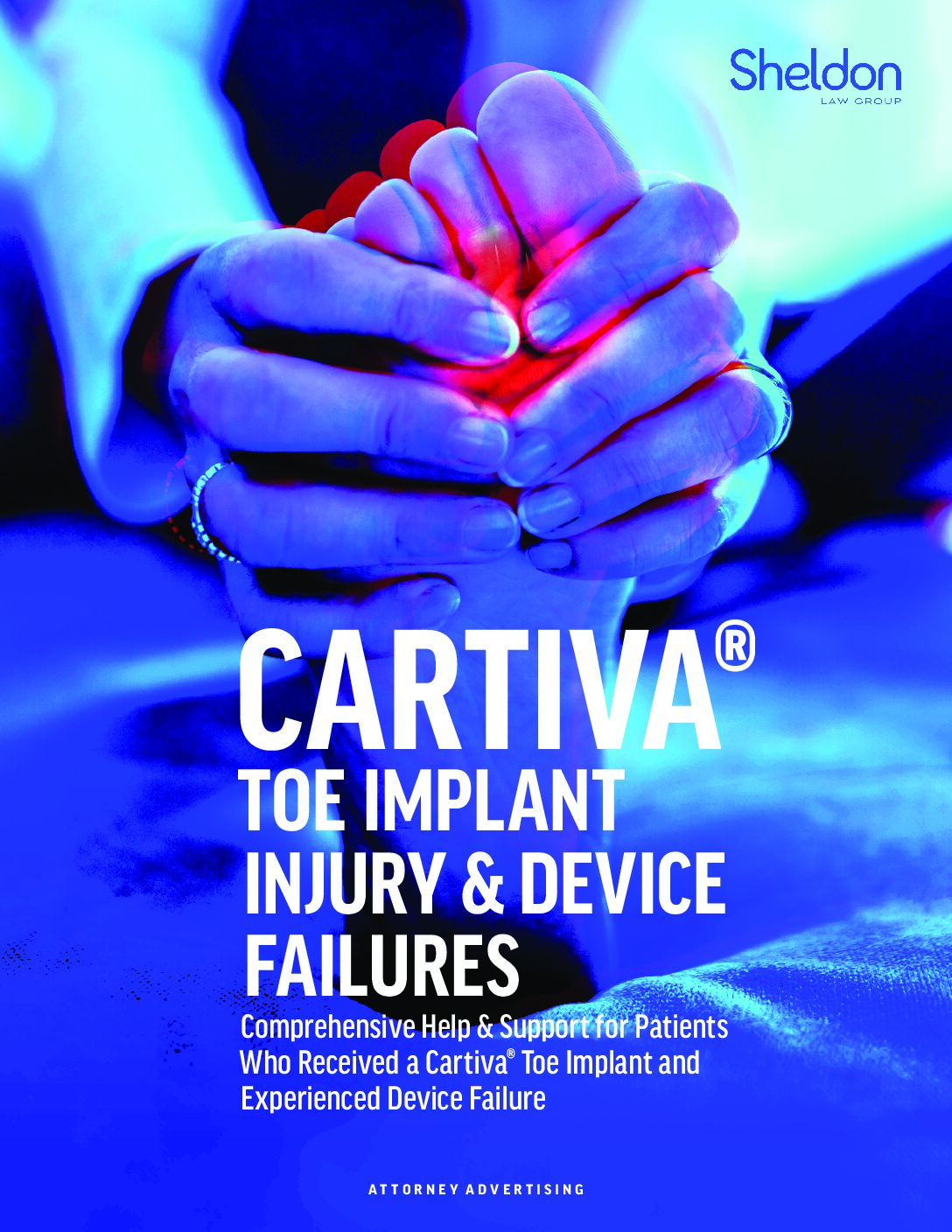What Went Wrong?
The Cartiva implant, made from a porous polyvinyl alcohol (PVA) material, was designed to replace damaged cartilage in the big toe joint. However, numerous reports have surfaced of:
- Implant Shrinkage: Studies show a high rate of shrinkage, with the implant losing up to 20% of its size within weeks of surgery. This can lead to instability and pain.
- Bone Erosion: The PVA material is suspected of causing bone erosion around the implant, further destabilizing the joint and requiring additional surgeries.
- Persistent Pain: Despite the implant, many patients continue to experience significant pain, often worse than before the surgery.
Why the Lawsuits?
Patients and their lawyers argue that Stryker:
- Knew about the problems but failed to warn doctors and patients. Internal documents and studies allegedly show Stryker was aware of the high failure rates and risks of bone erosion, yet did not adequately disclose this information.
- Defectively designed the implant. The PVA material’s suitability for long-term implantation in the toe joint is now being questioned, with claims that it is prone to shrinkage and breakdown.
- Failed to properly test and monitor the device. The thoroughness of pre-market testing and post-market surveillance is under scrutiny, with allegations that Stryker did not adequately assess the risks or follow up on reports of complications.
The Road Ahead
The Cartiva litigation is in its early stages, and the full extent of the legal and health ramifications remains to be seen. However, the growing number of lawsuits and the serious nature of the alleged complications highlight the need for thorough investigation and accountability.
What can patients do?
This is a complex and evolving story, but one thing is clear: the Cartiva toe implant has left many patients in pain and facing difficult choices. As the lawsuits progress, it is important to stay informed and ensure that the voices of those affected are heard.
If You Had to Have Revision Surgery After Receiving a Cartiva Toe Implant, We Can Help.
If you have suffered from complications after receiving a Cartiva Toe Implant, contact us now. We are fighting to protect the rights of patients allegedly injured by Cartiva toe implants and hold the device makers fully accountable for putting profits above the health and well-being of patients.
Patients who received a Cartiva toe implant and were forced to have revision surgery to remove or replace the device, may be entitled to significant financial compensation. Contact us now to learn more about your rights and whether you are entitled to compensation.





